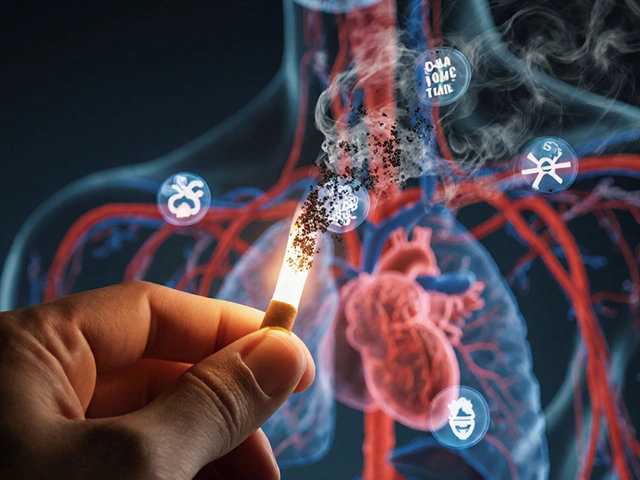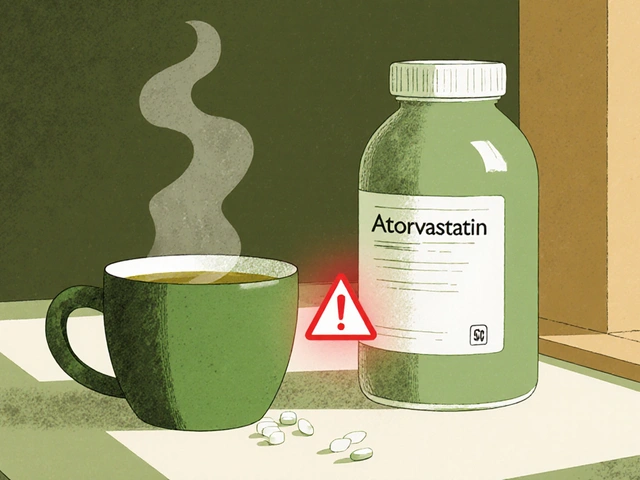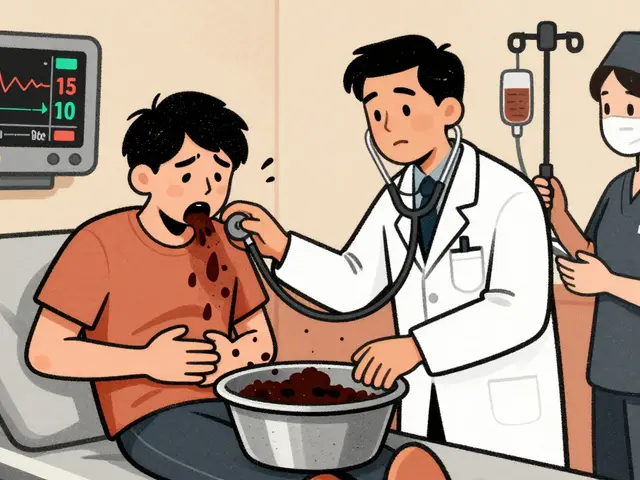Smoking and Hormones: How Cigarettes Disrupt Your Endocrine System
When you smoke, you’re not just exposing your lungs to toxins—you’re triggering a chain reaction in your endocrine system, the network of glands that produce and regulate hormones. Also known as the hormonal system, it controls everything from your metabolism and mood to your fertility and stress response. Smoking doesn’t just add years to your life—it steals balance from your body’s natural chemistry.
One of the clearest links is between smoking and cortisol, the body’s main stress hormone. Smokers have higher baseline cortisol levels, which sounds like your body is always ready to fight or flee. But over time, this constant stress signal wears down your system, leading to fatigue, weight gain, and trouble sleeping. It’s not just in your head—it’s in your blood.
Smoking also directly interferes with thyroid function, a gland that regulates energy, temperature, and metabolism. Studies show smokers are more likely to develop Graves’ disease, an autoimmune condition that overstimulates the thyroid. Even if you don’t get full-blown hyperthyroidism, smoking makes thyroid medications less effective and increases the risk of complications. And if you’re on hormone replacement or birth control, nicotine can alter how your body absorbs and uses them.
Then there’s sex hormones. In men, smoking lowers testosterone—leading to reduced muscle mass, lower libido, and even erectile dysfunction. In women, it disrupts estrogen and progesterone, which can cause early menopause, irregular periods, and fertility problems. It’s not just about wanting to have kids—it’s about how your body handles daily cycles, mood swings, and energy levels.
What’s worse? These effects don’t disappear the day you quit. Hormonal damage can linger for months, especially if you’ve smoked for years. But here’s the good part: your body starts repairing itself within days. Cortisol levels begin to normalize. Thyroid function improves. Sex hormones slowly rebound. The sooner you stop, the faster your endocrine system can recover.
You’ll find real stories and science here—not guesses. Posts dive into how smoking affects thyroid medication like PTU, why nicotine changes how your body reacts to other drugs, and how quitting can help balance hormones you didn’t even know were out of whack. Whether you’re managing diabetes, dealing with fatigue, or just wondering why you feel off, the connection to smoking might be bigger than you think.

- Nov 18, 2025
- Posted by Cillian Osterfield
Menopause and Smoking: Why Quitting Now Makes a Difference
Smoking worsens menopause symptoms like hot flashes, bone loss, and heart disease. Quitting now reduces risks fast-even after years of smoking. Learn how stopping improves your health at any age.
Categories
- Health and Wellness (72)
- Medications (69)
- Health and Medicine (28)
- Pharmacy Services (12)
- Mental Health (9)
- Health and Career (2)
- Medical Research (2)
- Business and Finance (2)
- Health Information (2)
Latest Posts
©2026 heydoctor.su. All rights reserved





